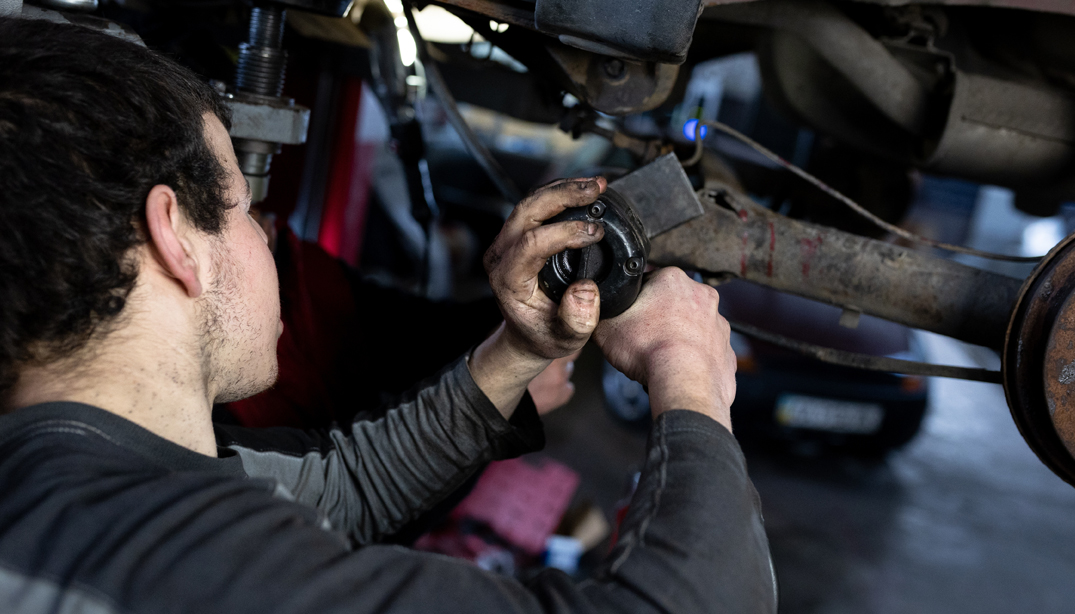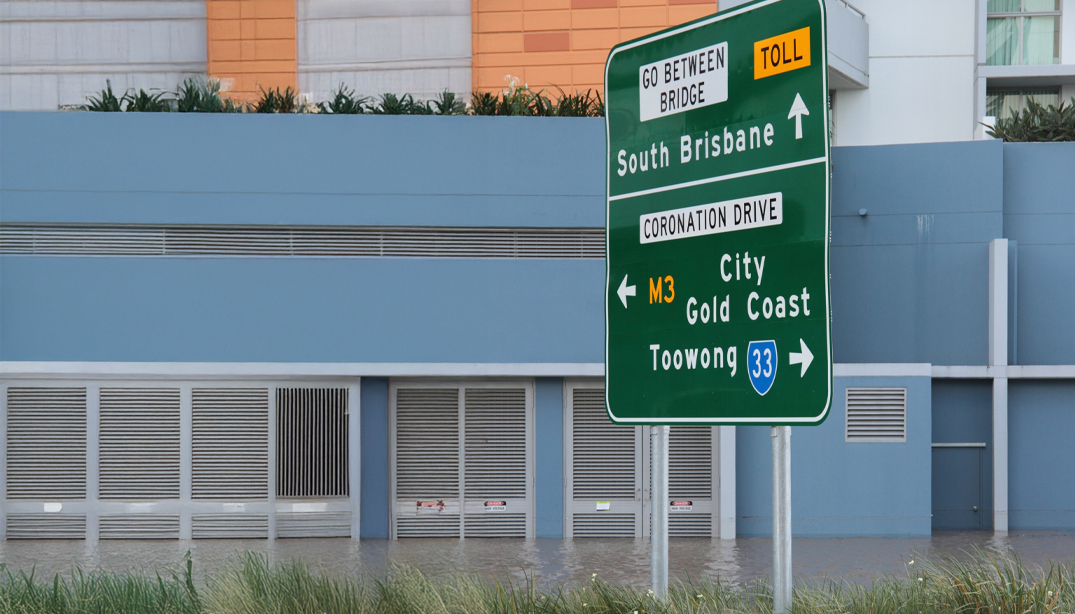Over the past couple of years, we have been forced to adapt to a new normal. This new normal is one of constant change as we progress through the COVID crisis, and it has had significant impact on all aspects of our lives.
At a personal level, we have had to reassess many factors including:
- our general health
- how and when we exercise
- how we communicate with others
- the way we work
- how we shop.
From a business perspective, COVID has destroyed supply chains and logistics around the world. The restricted capacity to deliver materials for manufacturing, is consequently reducing the overall capacity for organisations to meet their supply demand.
The motor vehicle industry is one that has been seriously affected. Motor vehicle manufacturing is one such industry that is being heavily impacted. Since the beginning of COVID, the worldwide motor manufacturing market has struggled to develop key components needed to manufacture motor vehicles. As a country that no longer manufactures vehicles, Australia relies solely on international vehicle suppliers. With a severe shortage of new motor vehicles reaching our shores, the Australian car market – both new and used – has been significantly impacted. The extended wait period for delivery of new cars has greatly inflated the price of used vehicles.
Besides the ramifications of COVID, there are also other world events that are affecting the motor vehicle industry. For one, the war in Ukraine is pushing up fuel prices, and increasing the interest in electric vehicles.
Traditional skepticism around electric vehicles, such as “range anxiety” (the capacity to recharge due to the low number of charging stations) has started to dissipate. .
Australia is making the move to encourage and enable the purchase of more electric and hybrid vehicles. More electric charging stations are being introduced thanks to Australian based electric charging manufacturers such as Tritium.
The end of petrol-based vehicles
While the complete demise of petrol-based vehicles is unlikely in our lifetime, it is certainly something to consider for the future. As more electric and hybrid vehicles hit the market, more people will be changing their thoughts about what type of vehicle to buy next… or if to buy one at all.
Sticking with the petrol-based vehicle
If you’re considering buying a petrol-based vehicle, ask yourself:
- Does it make smart economic sense to buy a new petrol-based vehicle now if the end-of-life value will be significantly lower if electric vehicles become standard?
- Will petrol-based vehicles continue to be economic if the fuel prices stay high or continue to increase?
Buying an electric vehicle
Perhaps you like to be an early-adopter, and you’re already keen to buy an electric vehicle. Take a moment to think about:
- Does it make sense to buy the first generation electric vehicle knowing the technology will improve quickly, potentially making the vehicle less valuable soon?
- How quickly will the market for electric charging stations develop making long-range usage of electric vehicles more feasible?
Do you need to own a car at all?
Now there’s a thought. Do you need to own a car?
All things considered does it even make sense to own a motor vehicle considering the current economic volatility around vehicle ownership?
How can I hedge my bets?
Motor vehicle subscription
There is a new player in the car ownership/usage game that many people are unaware of: motor vehicle subscription. This is similar to other subscription services, but in a motor vehicle subscription, you subscribe to have full-time use of a motor vehicle.
As the subscription business owns the vehicle, they take care of all components of maintaining, registering and insuring the asset. All you need to do is look after it as if it was your own, pay your monthly subscription fees and buy your own fuel.
On the other hand, when you own a motor vehicle, you are responsible for everything, including:
- purchase/finance costs
- registration
- insurance
- servicing
- tyres
- fuel
- depreciation.
While the subscription model may cost slightly more than the traditional cost of ownership, the key immediate benefits might outweigh that higher cost. Those benefits include:
- less financial risk
- flexibility to hand the vehicle back or change vehicles depending on your needs
- the vehicle is fully maintained
- the simplicity of one payment per month.
Are we ready to move to the future of vehicle ownership?
Although we accept that we will eventually ride in fully autonomous vehicles, it still seems hard to fathom exactly how this will play out and how the vehicles will be used. One thing for certain is that the transition will not happen overnight, and there are several factors to consider as we approach the future state:
- Are we starting to move away from petrol-based vehicles and toward electric options?
- Are we entering the 1st critical phase that will lead to improved vehicle technologies that will lead to the autonomous vehicle?
- Will autonomous vehicles be owned by individuals, or will the (anticipated) high cost and other contributing factors only allow them to be part of a subscription service?
Ultimately, we need to ask: is it smart to transition to vehicle-usage via subscription services now and allow these businesses smooth the transitional pain and allow us to enjoy the ride into the future? Leave your thoughts below.






